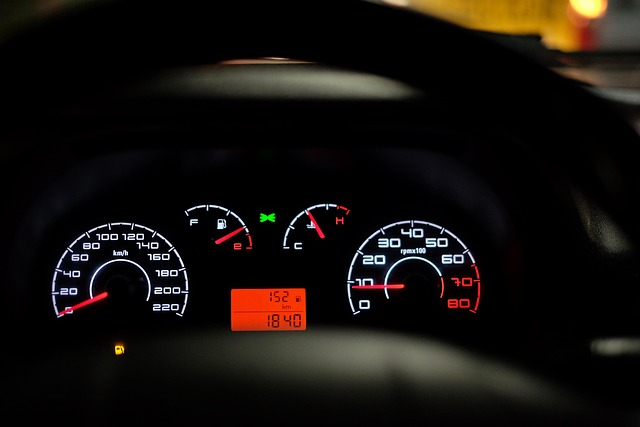Car title loan inspections ensure fair lending practices through rigorous processes: initial inquiries validating vehicle details (including VIN for history and risk assessment), mileage verification for transparency and condition evaluation, and VIN checks to mitigate risks, prevent fraud, and confirm vehicle authenticity. These steps benefit both lenders and borrowers in the car title loan process.
Car title loans, a quick source of cash for those in need, rely on a rigorous inspection process. This article delves into the critical components of these inspections, focusing on mileage and Vehicle Identification Number (VIN) verification. Understanding how lenders ensure vehicle authenticity and condition is key to navigating this financial option. By examining these aspects, borrowers can grasp the importance of accurate car title loan inspections, ultimately fostering a transparent lending environment.
- Understanding Car Title Loan Inspections
- Mileage Verification Process and Importance
- VIN Check: A Crucial Step in Pledging Vehicles
Understanding Car Title Loan Inspections

Car title loan inspections are a crucial part of the borrowing process, ensuring both lenders and borrowers receive a fair agreement. This thorough check involves verifying the vehicle’s mileage and identifying its unique Vehicle Identification Number (VIN). The inspection process begins with a simple inquiry, where potential borrowers provide their car details. Lenders then cross-reference this information against reliable databases to confirm the vehicle’s history and condition.
By examining the VIN, lenders can access detailed records of maintenance, accidents, or any previous titles, offering a comprehensive view of the car’s past. This step is vital in assessing the risk associated with lending money secured by the vehicle, especially when providing emergency funding or financial assistance. It also helps borrowers understand the state of their asset and negotiate terms, including potential interest rates, based on the vehicle’s true condition.
Mileage Verification Process and Importance

The mileage verification process is a critical aspect of the car title loan inspection procedure. During this step, lenders meticulously check the vehicle’s odometer reading to confirm its reported mileage. This simple yet vital task ensures that borrowers provide accurate information about their vehicle’s condition and history. By comparing the displayed mileage on the odometer with historical records and maintenance logs (if available), lenders can identify any discrepancies or potential signs of misuse.
Accurate mileage verification is essential for several reasons. It helps maintain transparency throughout the title pawn or cash advance process, safeguarding both the lender and borrower. Lenders can assess the vehicle’s overall condition more effectively, which may impact the loan-to-value ratio and interest rates. Furthermore, it aids in identifying potential red flags, such as excessive wear and tear not reflected in the mileage, indicating possible hidden damage or poor maintenance practices. This information is crucial for making informed lending decisions, ensuring a fair title loan process for all parties involved.
VIN Check: A Crucial Step in Pledging Vehicles

A Vehicle Identification Number (VIN) check is an indispensable component of the car title loan inspection process. This unique 17-character code serves as a digital fingerprint for every motor vehicle, providing critical information that secures both the lender and borrower during transactions involving secured loans like car title loans. By cross-referencing the VIN with comprehensive databases, lenders can verify the vehicle’s history, including its original manufacturer, model year, and previous ownership details. This verification is crucial to mitigating risks associated with loan extensions and ensuring the collateral’s value aligns with the agreed-upon terms.
Furthermore, a thorough VIN check plays a pivotal role in preventing fraud and theft. It allows lenders to confirm that the presented vehicle matches the one listed on the title, safeguarding against attempts to use altered or stolen titles for securing loans. This step is especially vital in the world of car title loans, where the collateral is the very same vehicle being financed, emphasizing the need for meticulous verification during the inspection process.
Car title loan inspections, encompassing mileage and Vehicle Identification Number (VIN) verification, are essential components of the pledging process. By meticulously checking these factors, lenders ensure the vehicle’s condition aligns with the agreed-upon terms, safeguarding both parties involved. Understanding these inspections is vital for borrowers seeking car title loans, as it promotes transparency and helps maintain the integrity of the entire transaction. The mileage and VIN verification processes are critical steps that contribute to a secure and efficient car title loan inspection process.






